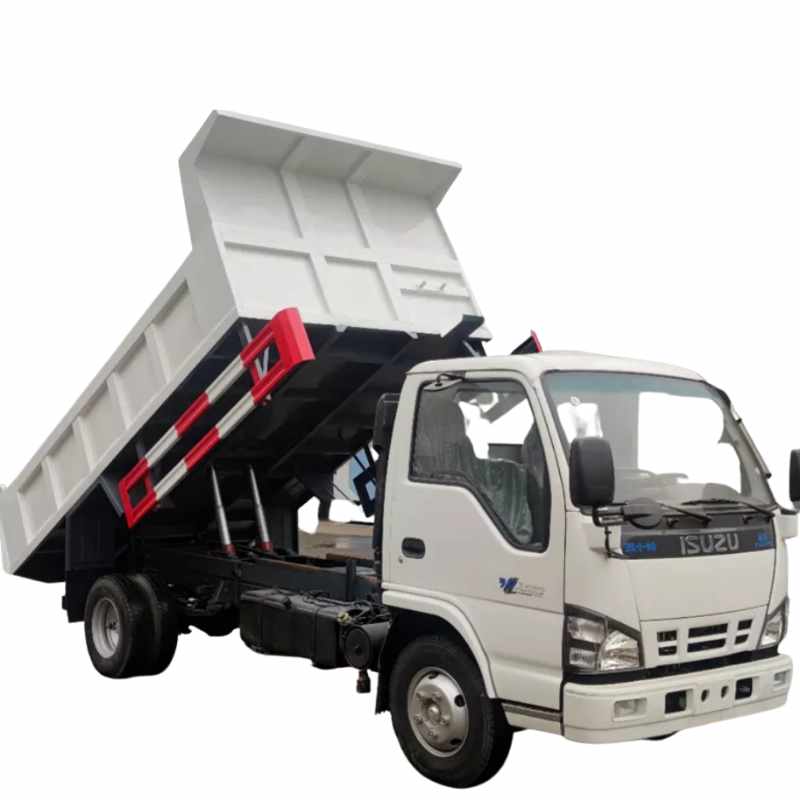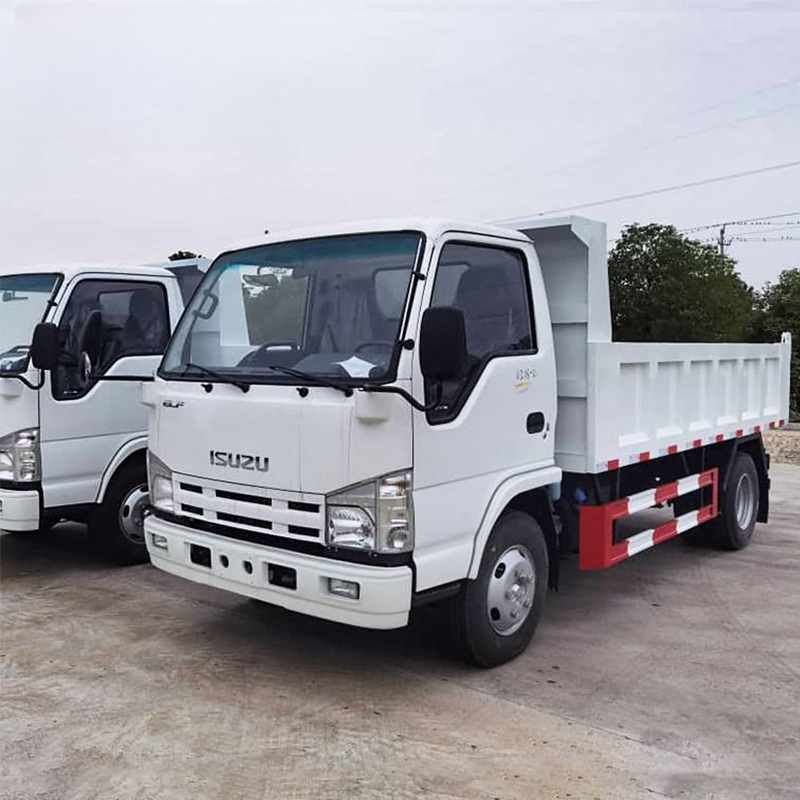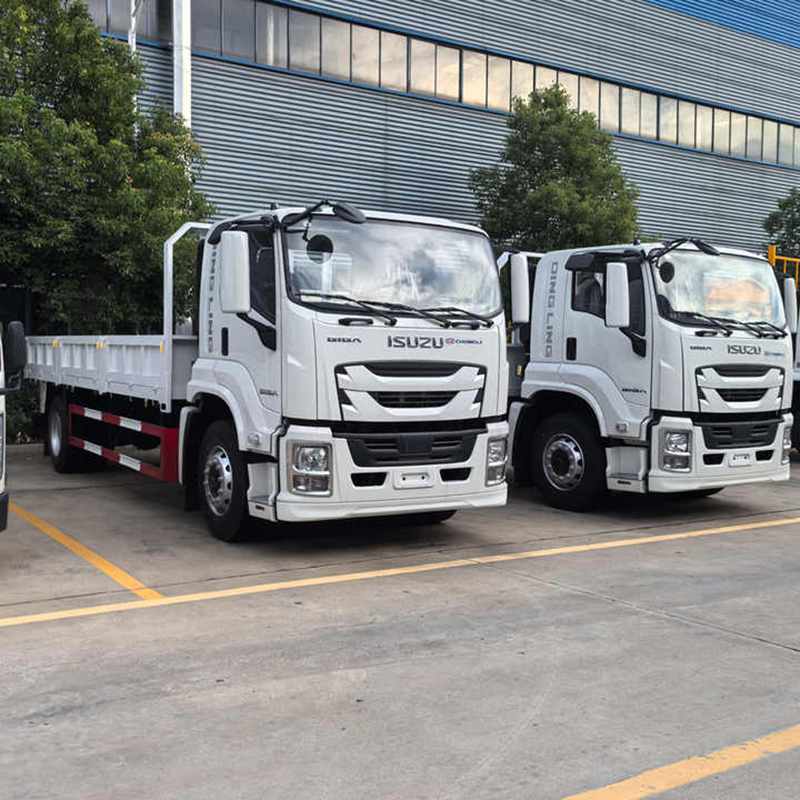

Construction sites are riddled with challenges that demand not just any ordinary machinery, but robust and reliable equipment designed to withstand the harshest conditions. Heavy-duty dump trucks rise to the occasion, providing the backbone for operations that require the transportation of aggregates, debris, and materials across rough terrains.

These trucks are built with high-torque engines, reinforced frames, and enhanced suspension systems to manage the payload and the punishment of uneven ground. Their dump beds are crafted to endure the wear and tear of carrying rocky or abrasive materials, making them indispensable for construction tasks.


The advantages of deploying heavy-duty dump trucks on challenging construction jobs extend beyond their mere utility. They offer a blend of efficiency, durability, and cost-effectiveness that is hard to match.
Heavy-duty dump trucks can carry significantly larger loads than standard models, reducing the number of trips needed to transport materials, which, in turn, saves both time and fuel.
Equipped with powerful engines and heavy-duty transmissions, these trucks can operate smoothly in muddy, rocky, or uneven landscapes that would defeat lighter vehicles.
Safety is paramount on construction sites, and heavy-duty dump trucks come with advanced features such as reinforced rollover protection, improved braking systems, and stability controls to safeguard operators and other workers.
While they are designed for durability, heavy-duty dump trucks are not without their challenges. Maintenance costs can be high, and the wear on tires and brakes due to the nature of the work is significant. However, proper maintenance schedules and strategic use can mitigate these issues.
Regular maintenance is crucial for the longevity of heavy-duty dump trucks. This includes frequent checks of the engine, transmission, brakes, and tires, as well as ensuring the dump bed’s integrity remains uncompromised.
Efficiency can be enhanced by planning the truck’s route carefully, minimizing empty return trips, and ensuring that the truck’s payload is optimized to avoid overloading, which can lead to mechanical failures and safety risks.
The construction industry is evolving, and so are the dump trucks that serve it. There’s a growing trend towards more environmentally friendly options, such as electric and hybrid models, which aim to reduce emissions without sacrificing performance.
Advancements in telematics and onboard diagnostics are making heavy-duty dump trucks smarter. Fleets can now monitor truck performance in real-time, predict maintenance issues, and improve operational efficiency.
When it comes to moving materials on a construction site, dump trucks often share the stage with other heavy machinery like belly dumpers and articulated trucks. However, their versatility and payload capacity make them a preferred choice for many tasks.
Heavy-duty dump trucks have a competitive edge due to their ability to handle a wide range of materials, from soil and gravel to concrete and asphalt, making them a versatile option for diverse job requirements.
In conclusion, heavy-duty dump trucks are not just a component of the construction workforce; they are the sinews that hold the industry’s most demanding projects together. As technology advances and environmental concerns grow, these trucks will continue to adapt, ensuring they remain an essential element of the construction landscape.